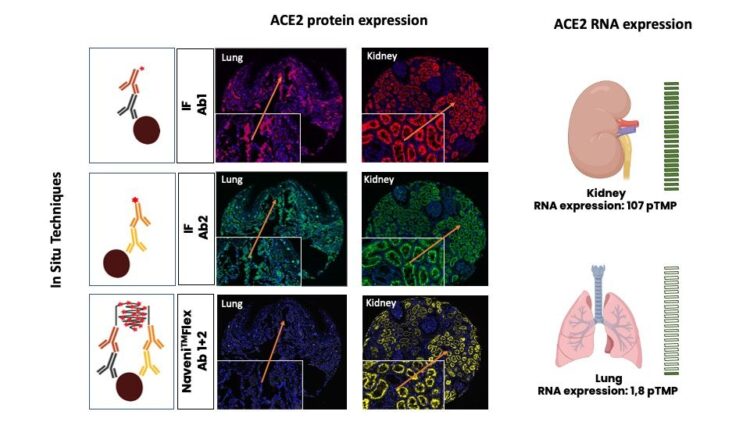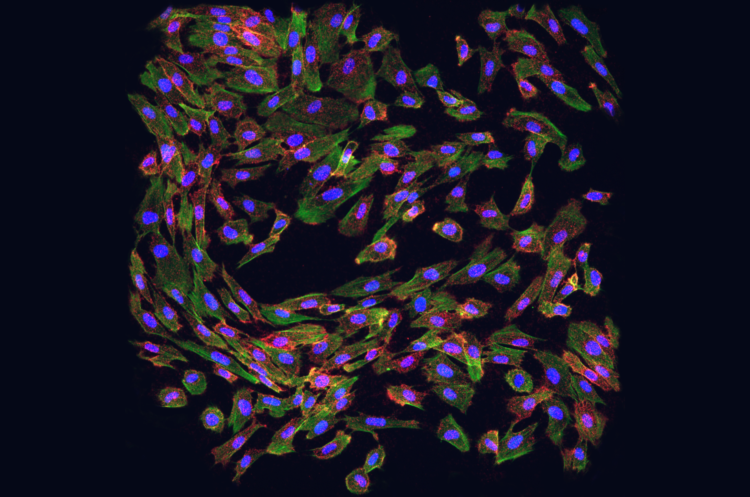Navinci and SciLife enters collaboration: Naveni in situ Proximity Ligation Assay technique will be provided by the SciLifeLab unit Affinity Proteomics Uppsala.
”We are delighted to partner with SciLifeLab and the Affinity Proteomics unit in Uppsala, as this allows the NaveniTM in situ proximity ligation assay technology to support the mission of SciLifeLab to enable life science research in Sweden to provide access to the latest key technologies. This collaboration will significantly benefit our academic customers that…

